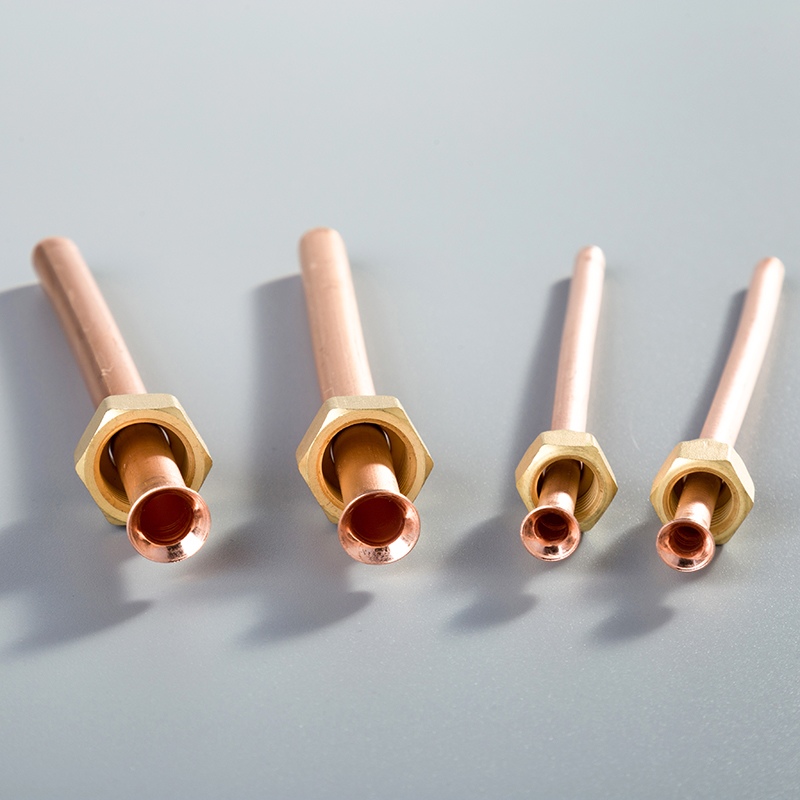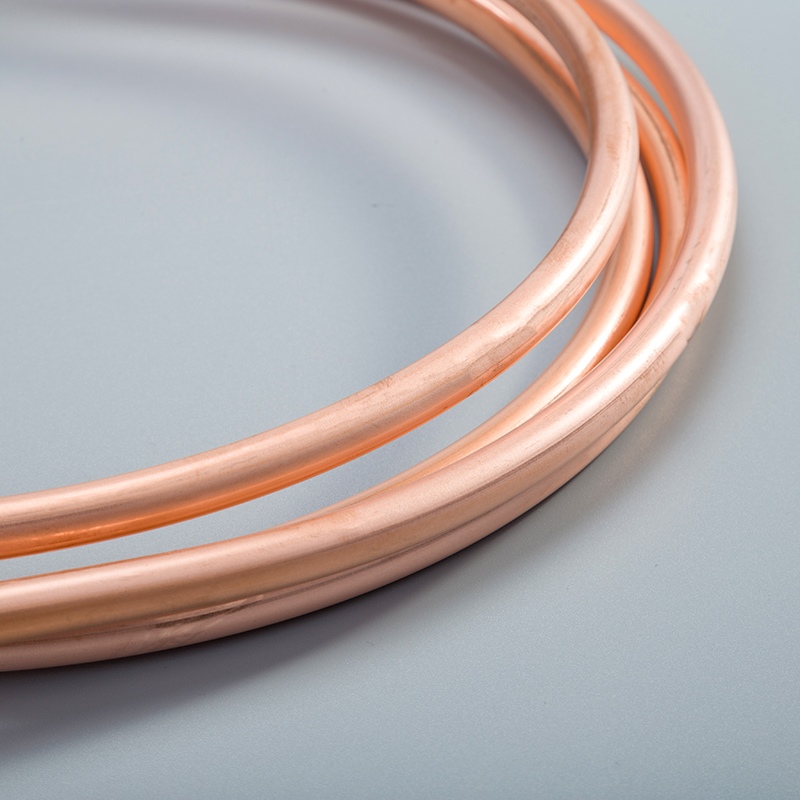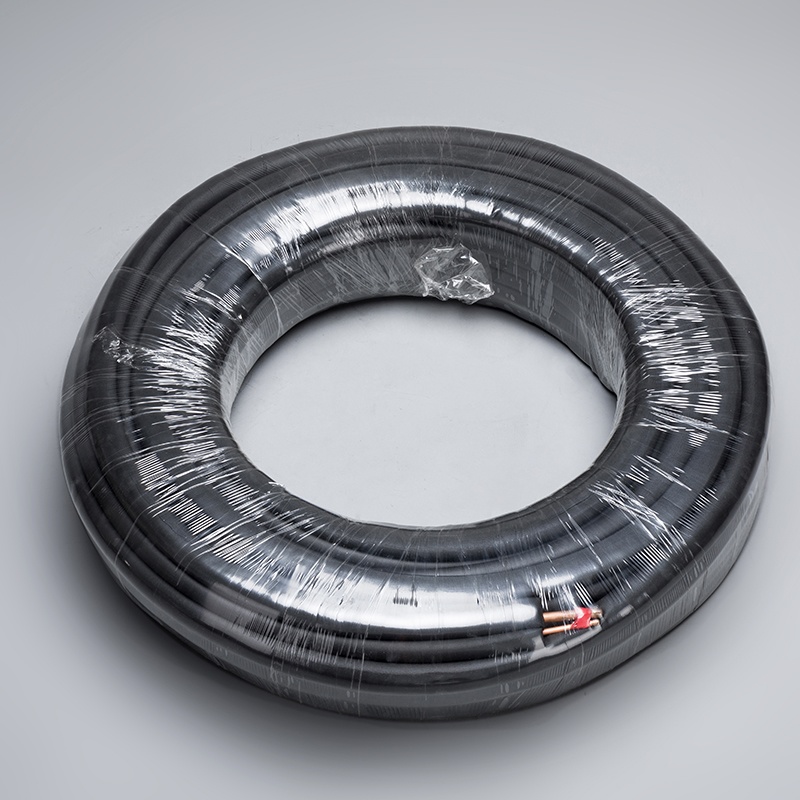How Long Do PEX Pipes Last? A Comprehensive Guide

PEX pipes are renowned for their longevity, with an average lifespan of 40-50 years. Understanding the durability of PEX tubing is crucial for homeowners and plumbers alike. This section will delve into the factors influencing how long do PEX pipes last, shedding light on material quality, installation practices, environmental impacts, and maintenance tips. Additionally, for those interested in traditional plumbing methods, we will also cover how to solder copper pipe without flame. By the end, readers will have a comprehensive guide to grasp the essence of PEX lifespan.
Factors Affecting PEX Lifespan

Material Quality
Proper material quality is paramount for ensuring the longevity of PEX pipes. High-quality PEX significantly enhances the durability and lifespan of the plumbing system. It resists corrosion, preventing leaks and maintaining water quality. Conversely, low-quality PEX may deteriorate faster, leading to potential issues such as leaks and reduced efficiency.
Installation Practices
The way PEX pipes are installed plays a crucial role in determining their lifespan. Proper installation techniques, including appropriate fittings and secure connections, are essential for optimal performance. On the other hand, common installation mistakes, such as improper alignment or inadequate support, can compromise the integrity of the system and shorten its lifespan.
Environmental Factors
Environmental conditions can impact the longevity of PEX pipes. Fluctuations in temperature and pressure can stress the material over time, affecting its overall durability. Moreover, water quality is another critical factor to consider. High levels of minerals or contaminants in the water supply can accelerate pipe degradation.
Maintenance Practices
Regular Inspections
To ensure the longevity of PEX pipes, conducting regular inspections is crucial. Inspecting the pipes periodically allows for the early detection of any potential issues that may arise. By identifying and addressing minor concerns promptly, homeowners can prevent more significant problems in the future. This proactive approach not only extends the lifespan of the plumbing system but also helps maintain optimal performance.
Preventive Measures
Implementing preventive measures is key to preserving the integrity of PEX pipes. Simple actions such as monitoring water pressure, checking for leaks, and insulating exposed pipes can significantly impact their durability. Additionally, scheduling routine maintenance checks with a professional plumber can help identify any underlying issues before they escalate. By taking proactive steps to protect and maintain PEX piping, homeowners can maximize its lifespan and minimize the risk of unexpected failures.
Comparison with Other Materials

PEX vs. Copper
Durability Comparison
When comparing PEX to copper pipes, one significant aspect to consider is their durability. PEX tubing has a remarkably long lifespan and can outlast most other repipe materials. It can endure for several decades under normal conditions, providing homeowners with a reliable and long-lasting plumbing solution. On the other hand, copper pipes are known for their durability as well but may be more prone to corrosion over time, especially in areas with aggressive water chemistry.
Cost Comparison
In terms of cost-effectiveness, PEX piping offers a more economical solution compared to copper pipes. The material costs of PEX tubing are generally lower than those of copper, making it a budget-friendly option for plumbing projects. Additionally, the ease of installation associated with PEX pipes can further reduce labor costs, making it an attractive choice for homeowners looking to balance quality and affordability in their plumbing systems.
PEX vs. PVC
Durability Comparison
When considering the durability of PEX versus PVC pipes, it's essential to note that both materials have distinct advantages. PEX tubing can last for several decades, with an estimated lifespan of 50 years or more. Its flexibility and resistance to corrosion contribute to its longevity and reliability in various applications. On the other hand, PVC pipes are durable as well but may be more susceptible to damage from high temperatures or UV exposure.
Cost Comparison
In terms of cost comparison between PEX and PVC piping, PEX tubes offer a balance between durability and affordability. While PVC pipes are generally less expensive upfront, they may require more frequent replacements due to potential degradation over time. In contrast, PEX tubing's longevity and minimal maintenance requirements make it a cost-effective choice in the long run, providing homeowners with peace of mind and lasting performance.
Maintenance and Installation Tips
Best Practices for Installation
Tools and Techniques
Utilize high-quality tools specifically designed for PEX installation to ensure precision and efficiency.
Employ a reliable pipe cutter to achieve clean and accurate cuts, promoting secure connections.
Consider using expansion tools for PEX-A tubing to create durable fittings without the need for additional components.
Implement crimping tools for PEX-B or PEX-C installations, ensuring tight seals and leak-free joints.
Avoiding Common Pitfalls
Avoid overtightening fittings, as this can lead to damage or distortion of the pipes, compromising their integrity.
Ensure proper alignment during installation to prevent unnecessary stress on the pipes and potential leaks.
Verify that all connections are secure and free from defects before pressurizing the system to avoid future issues.
Follow manufacturer guidelines meticulously to guarantee optimal performance and longevity of the PEX piping system.
Maintenance Tips
Regular Checks
Conduct routine visual inspections of your PEX pipes to identify any signs of wear, corrosion, or leaks promptly.
Monitor water pressure regularly to detect any fluctuations that may indicate underlying problems within the plumbing system.
Inspect exposed pipes in unconditioned spaces periodically to safeguard against environmental factors that could impact their lifespan.
Addressing Issues Promptly
Act swiftly upon discovering any leaks or damages in your PEX piping system to prevent further deterioration and costly repairs.
Consult a professional plumber immediately if you encounter persistent issues or concerns with your plumbing setup.
Prioritize timely maintenance tasks such as cleaning filters and flushing systems to maintain optimal performance levels.
By adhering to best practices during installation and implementing proactive maintenance measures, homeowners can maximize the longevity of their PEX piping systems. Remember, regular checks and prompt action are key components in preserving the efficiency and durability of your plumbing infrastructure.
PEX tubing, known for its durability, can last up to 50 years or more when properly installed and maintained. Factors like material quality, installation practices, environmental conditions, and regular inspections significantly influence the lifespan of PEX pipes. To ensure longevity, it is essential to adhere to manufacturer guidelines and industry standards during installation. Additionally, monitoring water quality for pH levels and corrosive substances can help preserve the integrity of the tubing over time. Remember, preventive measures and timely maintenance are key to maximizing the lifespan of your PEX piping system.
See Also
Maximizing the Lifespan of Copper Pipe Coils: A Comprehensive Guide
Exploring the Lifespan of Copper Pipes Buried Underground
Optimizing Copper Pipe Performance: A Comprehensive Guide
Becoming a Pro at Copper Pipe Fittings: Your Complete DIY Manual
The Definitive Manual for Using 1/4 Inch Copper Pipes in Plumbing


